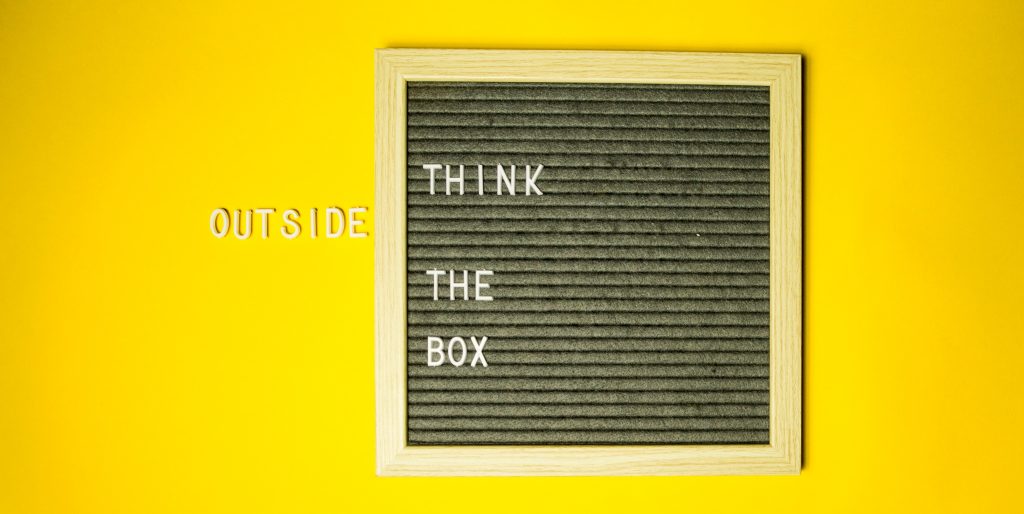“Innovation is creativity implemented,” said government performance and innovation coach Nicholas Kittle during NextGen’s recent virtual summit. The author of Sustainovation: Building Sustainable Innovation in Government added, “If we’re able to do both, get creative and implement, then we’ll be successful.”
The key is to build an environment that supports both creativity and productivity.
Make Creativity Take Less Time
Children start out highly creative but by the time we reach adulthood, we’ve lost that capacity. It can be relearned, and as you foster it, it can become something you can do on the go.
All people are not creative at the same time, so creativity can’t be rigidly scheduled. Instead, give your team members the time to consider the problems in their own way.
Forget the Box
Exercising creativity is more than “thinking outside the box.” It’s forgetting the box entirely. Push yourself to look at things from a different perspective. “Eat ice cream at midnight, read a poem — or write a poem,” advised Kittle. “Lay down on the floor and stare at the ceiling. Do things that make you uncomfortable, to shake you out of the river of your experience.”
Flex, Fuse, and Fracture
Three questions that can help you see the problem in new ways:
- Flex: How can you bend the rules?
- Fuse: How can you merge two or more concepts?
- Fracture: How can you break it into tiny pieces?
Innovation almost always involves at least one of these techniques, and maybe all three.
Make Your Time More Productive
Bad meetings can eat up time better spent elsewhere.
- Schedule shorter meetings. Don’t go for an hour when 15 minutes will do.
- Set clear expectations. Know what the meeting is about and what it needs to accomplish.
- Send materials in advance. Give everyone the chance to prepare
- Capture key points and action findings. Avoid meetings that exist to remember what the last meeting was about.
- Cancel/change meetings that don’t work. There’s no good reason to hold a meeting just to hold it.
Use an impact/effort matrix to rate your projects. “When I’m working with my team,” Kittle said, “I get to determine the level of impact that it makes, you get to determine the level of effort that it takes.” Those that offer high impact and low effort are obvious winners; those that offer low impact and high effort, not so much.
Build a Culture That Supports Innovation
Set up an innovation fund to try out employee ideas. Track, record and demonstrate through financial data that your innovations work — or don’t.
Build an innovation academy. Encourage all kinds of training, not just things directly job-related.
“You have to have a structure that supports it,” said Kittle. “Innovation must be decentralized. The ideas have to come from the employees. But also use centralized tracking to know that it’s working and demonstrate its value.”
This online virtual training brought to you by:
